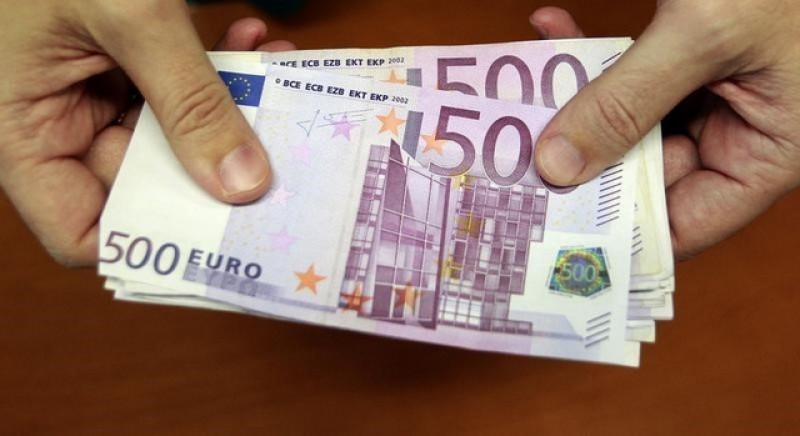ARCHIVED - Cash payments of over 1,000 euros to be outlawed in Spain
The rule will apply to payments involving registered businesses and professionals
As part of the on-going fight against tax fraud and undeclared economic activity a new law was approved this week by a Spanish government tax committee to outlaw cash payments of more than 1,000 euros in cases where either the payer or the recipient is a registered professional or business.
The new regulation was passed by a majority rather than unanimously, and for this reason it will have to be approved in the Senate (the upper house of the Spanish parliament) before it can come into effect. At the same time, other rules introduced include a strengthening of the position of Hacienda when carrying out surprise tax inspections.
In the years after the euro was adopted as the single currency of most of the European Union cash was, to a certain extent, king. The purple 500-euro notes were commonly bandied about by those lucky enough to be in possession of them, and large cash payments were not uncommon, particularly during the boom years of the property and construction bubble in Spain, leading to many undeclared transactions.
However, after the property market crash of 2007 and 2008 the elusive “bin Ladens” became rarer and rarer, and when the new euro notes were introduced the 500 denomination was not among them. In consequence, they were no longer printed after January 2019, and the number known to be in circulation has been falling ever since.
At the end of 2020 the Banco de España reported that the number of 500-euro notes in circulation had fallen to 18.24 million, having peaked at almost 113 million in late 2007, although it is important to point out that despite not being readily accepted in many shops they are still legal tender and, under current policy, will remain so indefinitely.














































